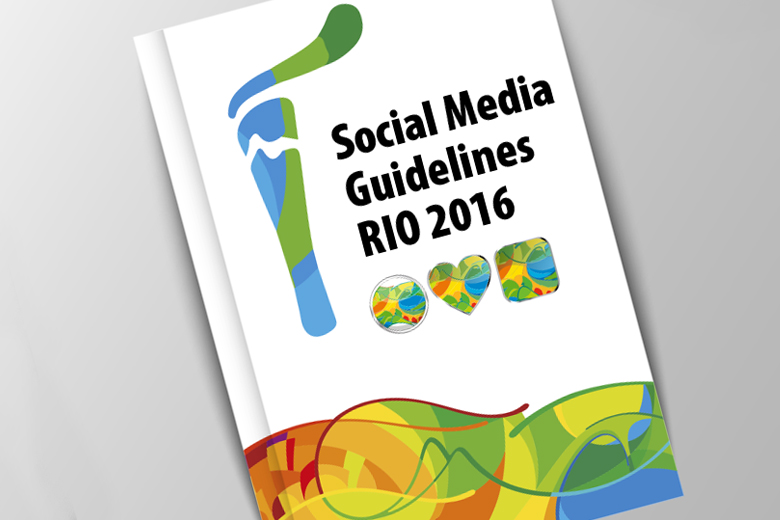
How Social Media Will Play a Role in the Rio Olympic Games
 Social media plays a large role in society today. An international sporting event, such as the Rio Olympic Games, will be a trending topic long after the games are over.
Social media plays a large role in society today. An international sporting event, such as the Rio Olympic Games, will be a trending topic long after the games are over.
NBC and Social Media Influencers
NBC has the broadcast rights to Olympic coverage until 2032 and this includes television as well as mobile viewing. NBC is targeting younger viewers to draw them into watching Olympic coverage. Between 2008 and 2012, Olympics viewership in the age group 12-17 grew 25%. Buzzfeed is in partnership with NBC to produce segments that will be shared on popular social media apps such as Facebook, Instagram, and Twitter. Buzzfeed will be sending a team to Rio to cover the Games.
YouTube is also working with NBC to promote the Olympics. For the first time, there was a Social Media Opening Ceremony celebration with Ryan Seacrest hosting. YouTuber iJustine, Justine Ezarik, hosted with Seacrest as well. Also appearing was YouTube singer-songwriter Tiffany Alvord and comedians The Fine Brothers. Justine Ezarik and Tiffany Alvord each have well over 2 million followers. The Fine Brothers have over 14 million. NBC has Facebook and Twitter pages that are full of updates and athlete stories leading up to Rio and continuing throughout the games. The NBC Olympics Twitter page has 590 thousand followers and the Facebook page NBC Olympics has 1.8 million. Using influencers puts the Olympic brand out there to more people than just using the NBC social media pages.
The Athletes
The athletes are allowed to take part in social media posting while they participate in the games. They are held to strict guidelines, similar to the terms of use found on many social media platforms (no obscenities, no hate speech, no religious, racial, or political propaganda). There are more restrictions on the video and audio material they can post. They cannot share any audio or video taken inside the Olympic venues without permission from the IOC. The restriction on video applies to live streaming which has become popular due to apps like Periscope and Snapchat. They are also not allowed to display the Olympic rings or mascots in their posts without IOC permission. Violating these terms could mean the removal of posts from the offender’s account or being sanctioned.
Rule 40 is a rule that governs sponsorship and how sponsors can advertise. Sponsors that are not official Olympic sponsors can now have athletes appear in their ads as long as they do not use the Olympic rings, mascots, or make mention of the Olympic games at all. There are specific words and phrases that are prohibited. Athletes can also post about unofficial sponsors without penalty as long as they follow the guidelines. The advantage of being an unofficial sponsor is that they can still advertise within the limits and not have to pay for exclusive benefits that official sponsors pay a lot for. For example, an official sponsor may pay a lot to be known as an official sponsor and to be associated with a well-known athlete. An unofficial sponsor could pay a lot less and use an athlete that is not as well-known but still resonates with fans via social media as a professional athlete worth paying attention to.
Social media is a great marketing tool that will be utilized to promote one of the largest sporting events in the world. It will shape the way we watch the games in the future.
